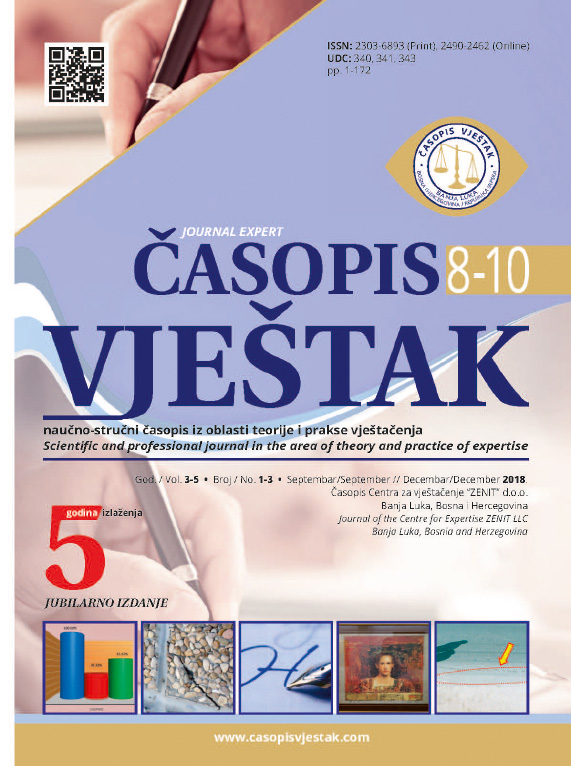Prison Sentance in Bulgarian Criminal Law
Abstract
Contemporary criminal law recognises today prison sentence as a basic measure of criminal sanction in crime prevention. However, all criminal legislations together with sentence of prison without parole also recognise different approaches in its execution. Hence, there are total and partial suspension of this sentence. The first one is a suspended sentence (conditional discharge). This means total exemption of court pronounced sentence for a period of time. Conditional discharge is in fact partial suspension of a pronounced prison sentence for the convicted person has already served a part of sentence. The precondition for the implementation of these measures is the fulfilment of formal requirements - in terms of type and length of pronounced i.e. served sentence of prison and material circumstances - a court’s assessment that the sentence pronounced in a specific case is not necessary for the goals (purpose) of the sentence can also be achieved fully or partially without imprisonment. Similar situation is in contemporary criminal law of the Republic of Bulgaria that also recognises both sentence with possibility of parole and conditional discharge as explained in this paper.
